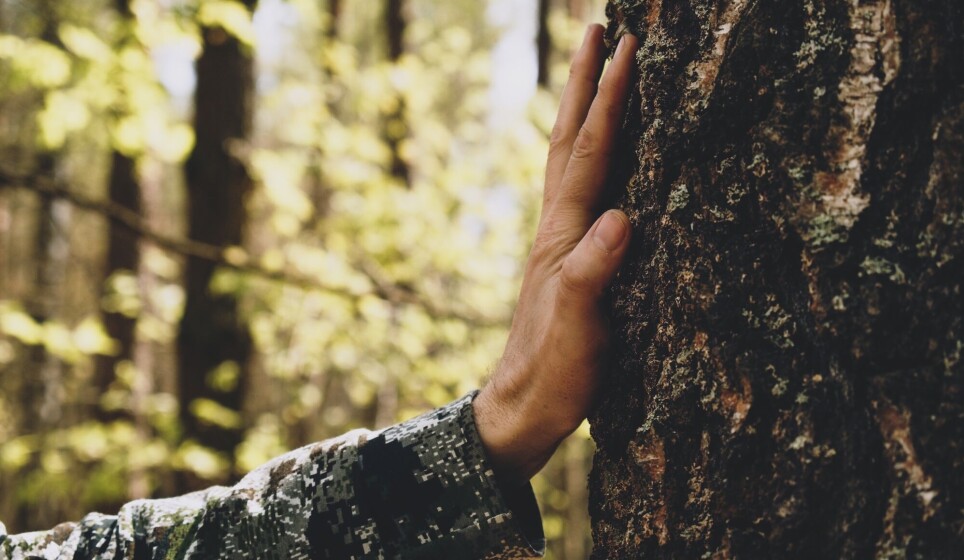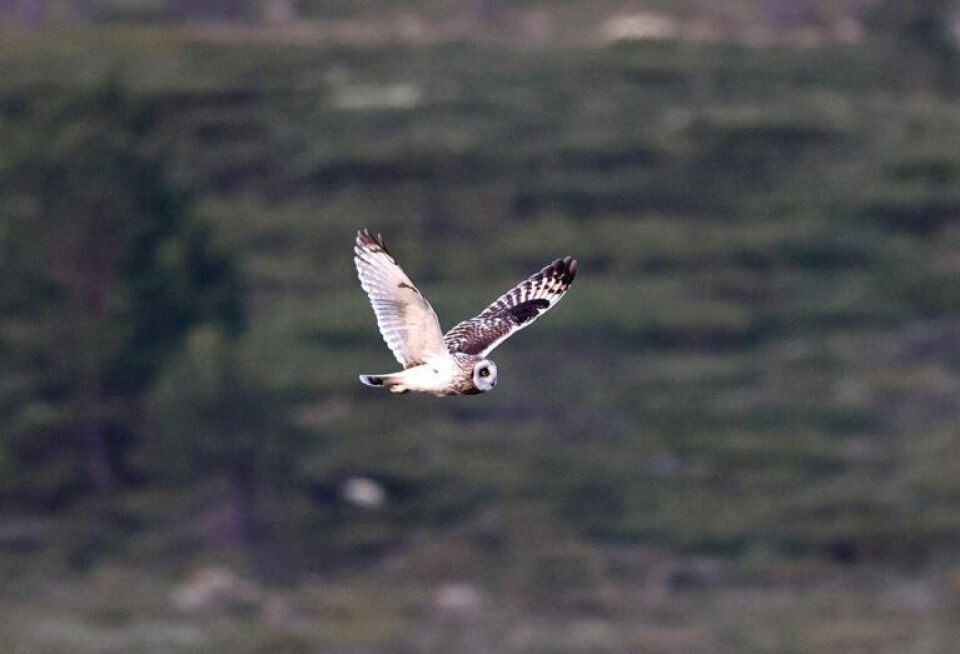THIS ARTICLE/PRESS RELEASE IS PAID FOR AND PRESENTED BY NTNU Norwegian University of Science and Technology - read more

It’s true – a walk in the woods actually helps with anxiety and depression
Forest therapy is an effective and simple method for dealing with something many people struggle with.
You’ve probably felt it yourself at some point.
After a walk in the woods, your shoulders drop several notches. Your heart stops pounding. Your thoughts flow a little more calmly.
It simply became easier to relax. The world looked a little brighter.
You aren’t alone in this experience. Some people call it forest therapy.
We need it.
Young people struggle with anxiety and depression
Depression is unfortunately a common phenomenon. So is anxiety. In Norway, approximately one in ten people will experience anxiety or depression in the course of a year. Often, these two disorders occur together. Worldwide, 264 million people suffered from depression in 2020.
New research from NTNU shows that in the era of smartphones and social media, the number of adolescents and young adults in Norway with depression and anxiety has doubled. 44 per cent of teenage girls in Norway now struggle with stress and difficult thoughts.
It’s all painful and difficult. What can help?
Researcher Simone Grassini wanted to check out how something as simple as a walk in the woods could help with anxiety and depression. He collected all the studies that researchers around the world have carried out on this very topic in the last ten years.
Then he started sorting.

Forest therapy not yet fully developed
Grassini selected all the studies where the researchers included a group that took walks in the woods, and a control group that did not take walks in the woods. Everyone in both groups struggled with anxiety and depression.
Six studies made it through the eye of the needle.
Using diagrams, numbers and columns, the studies all tell us the same thing.
A walk in the woods actually helps with anxiety and depression.
“These walks are an effective and simple method for something that a lot of people struggle with,” says Grassini. He is a neuroscientist and associate professor in psychology at the University of Stavanger. When the study was carried out, he was a researcher at NTNU.
Then you might wonder…
Is it the exercise itself that releases our mental knots? Or is it nature, with the stillness and rustle of pines? Would it work just as well to just sit on a tree stump? Or is it the combination of exercise and nature that does the trick? Is a small outing enough, or are trips into the forest necessary on a regular basis?
The simple answer is that it isn’t easy to say, at least not from a scientific point of view. No one has checked it out yet.
“No one has done a systematic analysis of the activity,” says Grassini, “because as we know, all research costs money.”
But we have some pieces of the puzzle.
Less activity in the fear centre
Laboratory studies show that even short exposures to images and videos of nature lead to a change in brain activity related to relaxation and well-being.
Other research also shows that exercise itself has a positive effect on the experience of well-being.
“Studies carried out outdoors have shown that even short exposure to a forest environment leads to less activity in the in the brain’s fear centre,” says Grassini.
But no scientifically based method yet exists for how forest therapy should be carried out in concrete terms. Is one walk a week enough or do you have to take four? Is half an hour enough or do you have to walk for two hours?
The healing power of nature
Although the healing power of nature has not been analysed using scientific methods, it is something many philosophers have thought a lot about.
“From a philosophical perspective, the results from studies of how being out in nature impacts us aren’t surprising,” says Solveig Bøe, a professor of philosophy at NTNU.
She points to the fundamental fact that humans are also part of nature.
“If we go back far enough in our biological evolutionary history, we’re related to everything that lives and has lived. A philosopher that I’ve worked with for a while, Merleau-Ponty, argues that wherever there is life in nature, there is meaning. This meaning resonates with us,” says Bøe.
She believes that this explains why being out in nature feels meaningful. It can help us to realise that there is something more important than what we go around pondering in our hearts.
“Out in green spaces, surrounded by birdsong, the sound of running water, the smell of vegetation, we understand that we are part of something bigger. It can do us good and help us to forget ourselves for a while,” says Bøe.

References:
Grassini et al. Processing of natural scenery is associated with lower attentional and cognitive load compared with urban ones, Journal of Environmental Psychology, vol. 62, 2019. DOI: 10.1016/j.jenvp.2019.01.007
Grassini et al. Watching Nature Videos Promotes Physiological Restoration: Evidence From the Modulation of Alpha Waves in Electroencephalography, Frontiers in Psychology, 2022. DOI: 10.3389/fpsyg.2022.871143
Klaperski et al. 'Optimizing mental health benefits of exercise: The influence of the exercise environment on acute stress levels and wellbeing', Mental Health & Prevention, vol. 15, 2019. DOI:10.1016/j.mhp.2019.200173 Abstract.
Simone Grassini. A Systematic Review and Meta-Analysis of Nature Walks as an Intervention for Anxiety and Depression, Journal of Clinical Medicine, vol. 11, 2022. DOI: 10.3390/jcm11061731
Sudimac et al. How nature nurtures: Amygdala activity decreases as the result of a one-hour walk in nature. Molecular Psychiatry, vol. 27, 2022. DOI: 10.1038/s41380-022-01720-6
Hammoud et al. Smartphone-based ecological momentary assessment reveals mental health benefits of birdlife, Scientific Reports, vol. 12, 2022. DOI: 10.1038/s41598-022-20207-6
———
Read the Norwegian version of this article on forskning.no
Read more content from NTNU:
-
This determines whether your income level rises or falls
-
Why is nothing being done about the destruction of nature?“We hand over the data, but then it stops there"
-
Researchers now know more about why quick clay is so unstable
-
Many mothers do not show up for postnatal check-ups
-
This woman's grave from the Viking Age excites archaeologists
-
The EU recommended a new method for making smoked salmon. But what did Norwegians think about this?





































